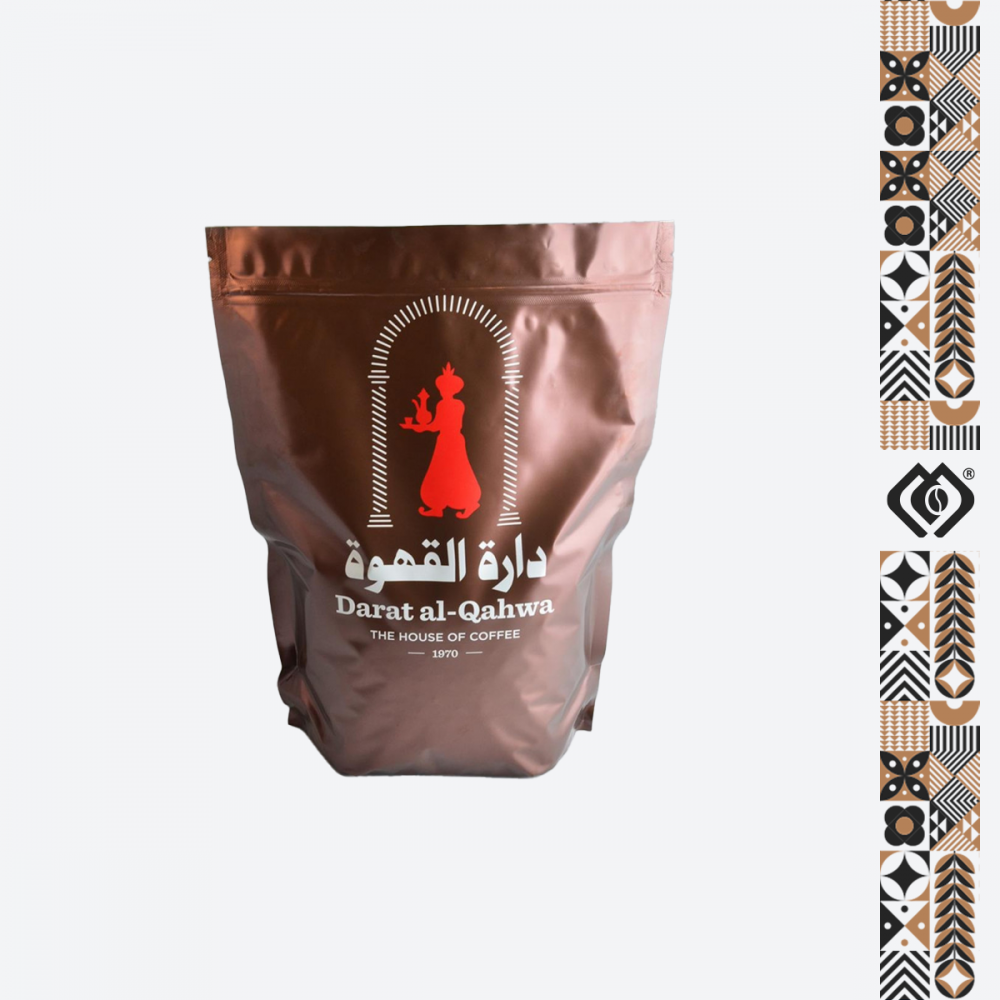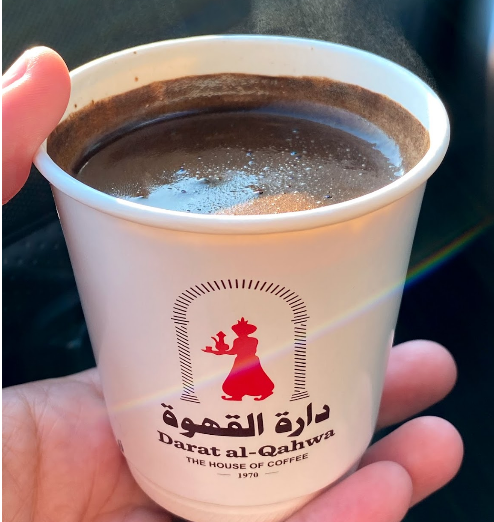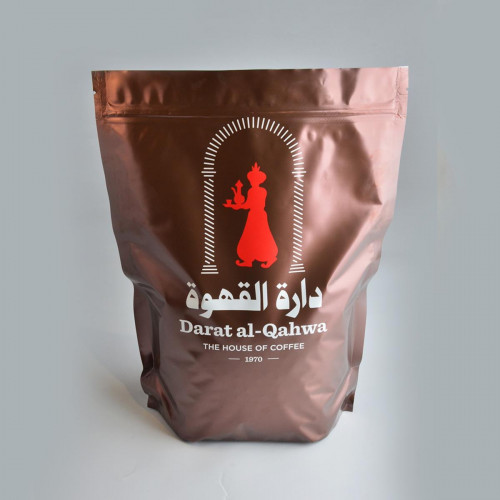
تماشي | Tamashe on X: "اهم الكافيهات اللي تقدم #الماتشا 🤤 - كافيين لاب - دارة القهوة - مـد كافيه - ايرث كافيه - مون شل شاركونا بكافيهات غيرهم تقدم الماتشا 🍵 https://t.co/KJeRoJipNU" / X

Darat Al Qahwa and Darat Al Mukassarat - لا يفوتكم جديد دارة القهوة. جربوه و أعطونا رأيكم | Facebook

قـريـبـاً فـي الـمـديـنـة on X: "#قريباً_في_المدينة ㅤ " دارة القهوة " ㅤ من الأماكن العريقة و القديمة جداً في جدة .. ويعتبر هذا المقهى شاهد على خمسة عقود من عمر #جدة ㅤ






















